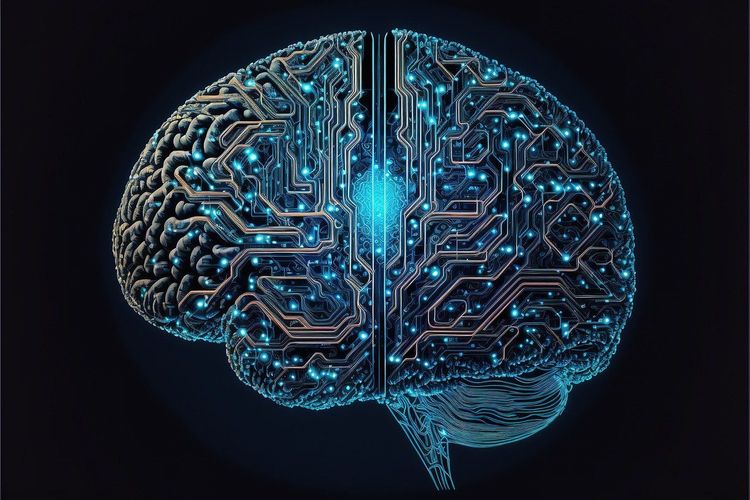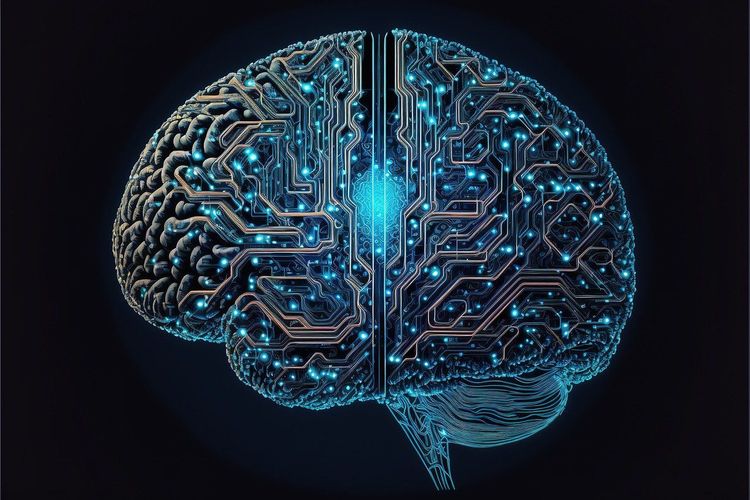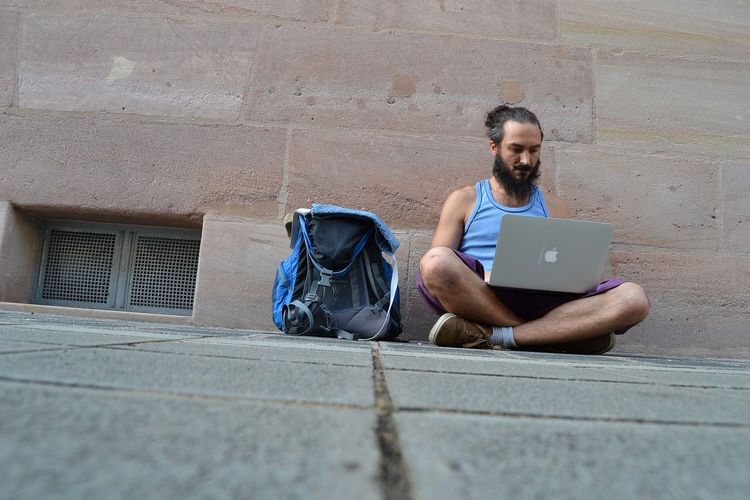TikTok is launching new generative AI tools for businesses and agencies within its Symphony suite of AI-powered advertising solutions. The first tool, Digital Avatars, enables brands to interact with followers and enliven their content marketing. Additionally, TikTok is rolling out Symphony AI Dubbing, a translation tool, and forming an advisory board to enhance its understanding of AI in creative marketing.
“At TikTok, we strive to empower creators and expand their reach globally with generative AI,” states Andy Yang, TikTok’s head of creative product. “Symphony Digital Avatars open new avenues for creators to partner with global brands, fueling the creator economy through innovative solutions that inspire joy and creativity.”
Businesses can opt for two types of Digital Avatars: Stock or Custom. Stock Avatars are pre-built avatars featuring paid actors licensed for commercial use, allowing companies to assign a human touch to their content. TikTok emphasizes that Stock Avatars enable businesses to quickly access global creators from diverse backgrounds and languages. Custom Avatars provide businesses the flexibility to create their own avatars representing specific creators or brand personalities. These avatars can communicate in 30 different languages, including Spanish, French, German, and Japanese.
Stock Avatars can be easily generated via the Symphony Creative Studio in TikTok’s Creative Center. Creators can select the type of avatar by defining options such as:
- Industry: E-commerce, gaming, finance, education, etc.
- Body Gesture: Various poses, such as standing, sitting, or taking a selfie.
- Clothing Style: Casual, sporty, or formal attire.
- Scene: Options include no background, garden, street, office, and more.
Once creators specify their preferences, TikTok generates a range of avatars to choose from for branded content.
For brands needing a more personalized representation, Custom Avatars are ideal, especially when a high-profile individual cannot film TikTok videos. Content marketers can create a digital replica of the brand's personality, localized for broader engagement.
Previously, content creators working with global brands had to produce videos solely in English. Now, TikTok’s Digital Avatars allow for a single video to have multiple localized versions, enhancing reach. This reduces the burden on brands to find multilingual spokespeople.
Currently, only Stock Avatars are available through TikTok's Beta Club for select brands; the company is still testing Custom Avatars without a fixed release date. These avatars will come with an AI-generated content label, in line with TikTok’s recent policy to combat misinformation.
TikTok's offering, while innovative, pales in comparison to AI avatar programs from platforms like Sprinklr, HubSpot, and Zendesk, primarily due to its one-way communication format. Social media teams and creators typically disseminate messages, with deeper interactions occurring through links or direct messages.
In addition to Digital Avatars, TikTok is introducing Symphony AI Dubbing, a global translation tool facilitating content creation in multiple languages. Currently supporting ten languages—like English, Japanese, Korean, Spanish, and German—AI Dubbing automatically detects the original language in a video, transcribes, translates, and generates a dubbed version, helping brands and creators reach international audiences effectively.
Lastly, TikTok is launching the Symphony Collective, an advisory board comprised of representatives from companies like Mondelez, American Eagle, and the NBA, along with notable creators. This initiative aims to explore AI's role in creative marketing and refine TikTok’s AI solutions through collaborative insights.
“TikTok has been a remarkable force for more open and diverse creativity,” remarks Anthony Hamelle, TBWA/Chiat/Day's Executive Director of Digital, Social, and Innovation. “As a founding member of the Symphony Collective, I look forward to sharing insights from our groundbreaking projects on the platform and contributing to the evolution of AI in marketing."







